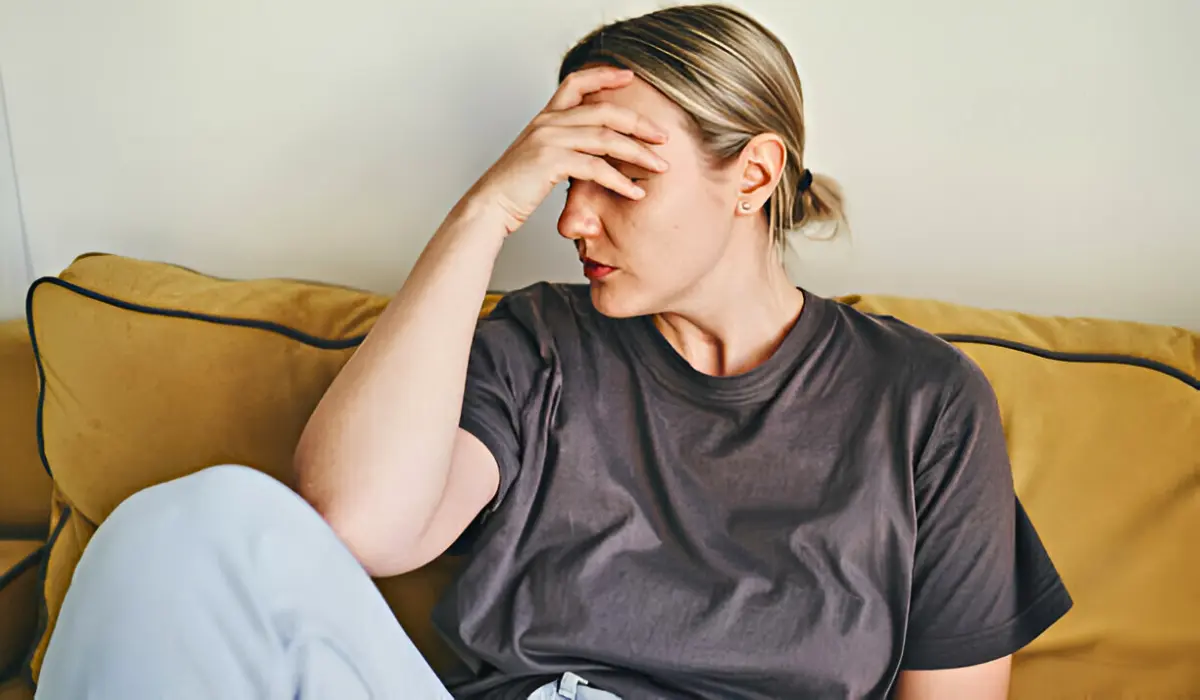Although all of us experience anxiety at different times in our lives, general anxiety disorder can cause those afflicted to constantly anticipate disasters or have exaggerated worries about many different issues. Anxiety can affect the body, as well as the brain by causing sleep disorders and muscle aches. Nearly 5% of all adults have experienced GAD at some point in their lifetime, which is characterized by excessive, uncontrollable anxiety which lasts six months or more. Anxiety brings restlessness, irritability and a hard time concentrating on the task at hand. Physical symptoms can include trembling, muscle weakness or soreness, headaches, nausea, shortness of breath, and gastrointestinal disorders.
Possible Causes of GAD
Genetics may play a part in anxiety disorders, however while your genes may make you more vulnerable, your environment may be the trigger that sets the disorder off, and a series of stressful events can intensify feelings of anxiety. The brain chemicals serotonin and norephinephrine may be linked to anxiety disorders, and the same medications which ease depression may also be useful in the treatment of anxiety. While more women than men will typically suffer from anxiety, the disorder can strike anyone at any time in their life.
Environmental Causes
Most all of us arrive at adulthood with a wide variety of growing-up experiences which shape our personality and determine to some extent how we deal with what life throws at us. Of course abuse or neglect of any type during childhood or adulthood can contribute to the development of anxiety disorders, and a chaotic home life can also be an influence. If a child believes his world to be a threatening place, he may well experience chronic anxiety or fear. Some researchers believe that extremely traumatic events which occur in childhood can actually affect the development of the brain, which in turn leads to anxiety.
Neurotransmitters and Serotonin
The “messenger” chemicals in the brain are known as neurotransmitters, and when there is an imbalance in the brain’s neurotransmitters, conditions such as anxiety and depression may set in. Common neurotransmitters include serotonin dopamine, acetylcholine and norepinephrine, however serotonin is the one you will probably hear the most about. Some researchers believe that serotonin is a direct by-product of tryptophan, and that the entire process actually begins in the digestive system rather than the brain. When protein digestion, tryptophan absorption or availability of enzymes is blocked in the digestive tract, there may be a resulting deficiency in serotonin, leading to anxiety.
Take Charge of Your Environment!
If a toxin accumulation in the body does lead to anxiety, then removing these toxins is critical. By helping your body detoxify and calming your immune system, your body will heal naturally, and its response to stress will normalize. Several amino acid formulas can treat neurotransmitter-related conditions such as anxiety and include: 5-HTP, Tyrosine and Taurine. All in all, anxiety is a tool of the human body which was meant to be a perfectly normal and healthy response to the unavoidable stress in our lives, or to a dangerous situation. Anxiety is troublesome only when we are unable to burn up the excessive nervous energy it creates, plus anxiety can exacerbate existing health condition. Nutrition and exercise remain the best anxiety relievers, so do your best to lead a healthy and activity-filled life to help alleviate anxiety.


